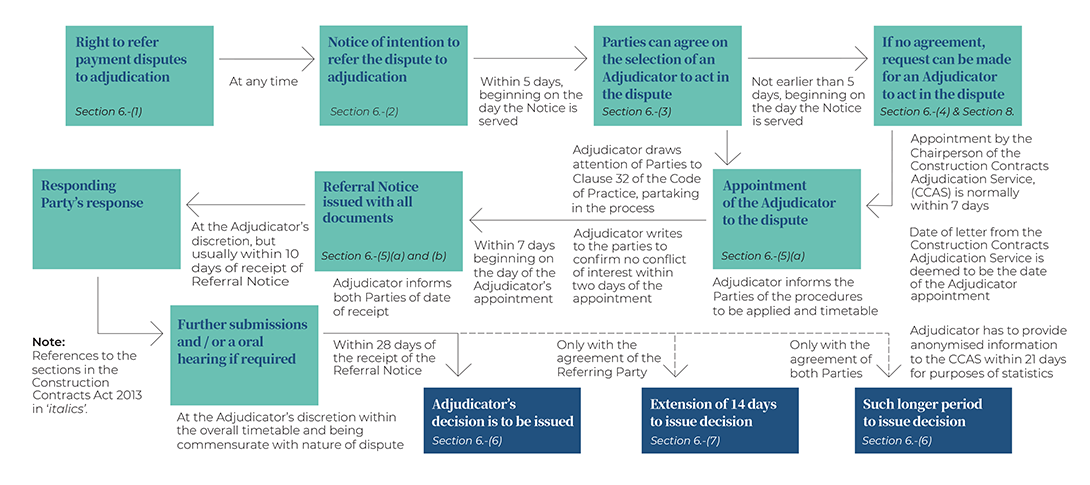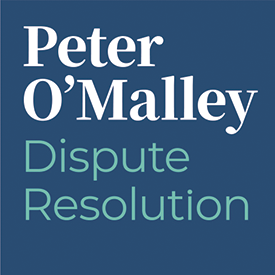Resources
The timeline and milestones of the adjudication process are dictated under the Construction Contracts Act 2013. Adjudication is a fast process, but it requires meticulous and careful preparation of evidence. If there is an error in preparation there is little or no opportunity to make a correction before its consequences are reflected in the adjudicator’s decision. The ability for the referring party to fully prepare in advance of issuing a Notice of intent to refer the dispute to adjudication, and the lesser time for the Respondent to compile and submit its response, results in a process that can favour the referring party.

Alternative Dispute Resolution (ADR) is the umbrella term that includes all dispute resolution processes, apart from litigation. As an alternative to the lengthy and costly process of litigation, ADR receives strong support from the courts. Every dispute is different in nature. The choice of ADR methods allows parties to choose the resolution process that best suits their needs, in either a consensual agreed decision or an imposed decision forum.

Alternative Dispute Resolution (ADR) provides a range of processes to suit the needs of the individual dispute. A consensual outcome is achieved when the parties agree a solution, sometimes with the assistance of an independent third party. A recommended outcome is arrived at when a third party investigates and then recommends a solution which the parties do not have to accept. The imposed outcome is the result of a third party deciding upon the dispute which is then binding upon the parties.


